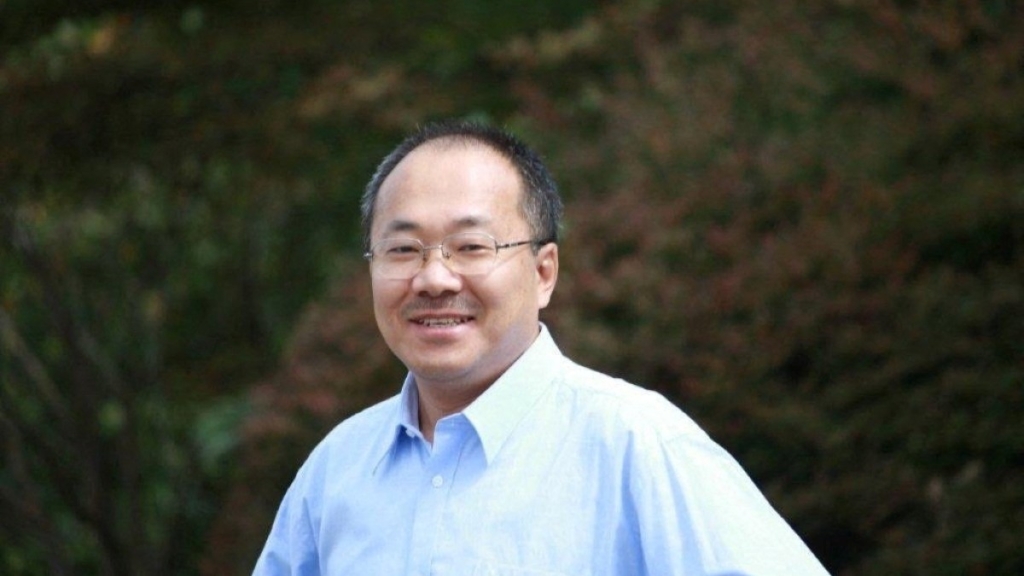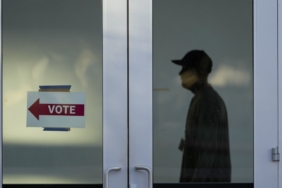This content discusses the case of journalist Dong Yuyu, who was sentenced to seven years in prison in China on spying charges. Dong, a former editor at Guangming Daily, was found guilty based on prior meetings with Japanese diplomats, who were accused of being part of an espionage organization. The verdict has been widely criticized as unjust, with press freedom advocates calling for Dong’s release. The case has raised concerns about the freedom of journalists in China and the chilling effect it may have on those engaging with the international community.
[ad 1]
Kaynak: www.aljazeera.com
Dong Yuyu, a former editor at the Guangming Daily, was arrested in 2022 while having lunch with a Japanese diplomat.
A court in China has sentenced journalist Dong Yuyu to seven years in prison on spying charges, according to a statement from his family, who called it a “grave injustice”.
In its verdict on Friday, the Beijing No 2 Intermediate People’s Court deemed the 62-year-old former editor of the Communist Party’s Guangming Daily guilty based on prior meetings with senior Japanese diplomats, his family said.
According to the judgement, the Japanese diplomats Dong met with, including then-ambassador Hideo Tarumi and current Shanghai-based chief diplomat, Masaru Okada, were named as agents of an “espionage organisation”, the statement added.
Police guarded the court on Friday, with seven police cars parked nearby, asking journalists to leave the area.
The sentence based on “no evidence declares to the world the bankruptcy of the justice system in China”, the family statement read.
His conviction implied that every Chinese citizen would be “expected to know that the Chinese government could potentially consider embassies to be ‘espionage organisations’”, producing a chilling effect.
“Today’s verdict is a grave injustice not only to Yuyu and his family but also to every freethinking Chinese journalist and every ordinary Chinese committed to friendly engagement with the world,” according to his family.
Under Chinese law, someone convicted of espionage can be jailed for three to 10 years for less severe cases or receive heavy punishment, including life imprisonment, for serious cases.
‘Unjust verdict’
Dong joined the Guangming Daily in 1987, after graduating from Peking University law school, and was the deputy editor of its commentary section.
His articles advocated moderate reforms while avoiding direct criticism of President Xi Jinping.
He regularly met diplomats from various embassies and journalists.
The Japanese diplomat he met, one of two he had regularly met in the past, was also detained for several hours at the time, but was later released.
China’s Ministry of Foreign Affairs spokesperson said then that the diplomat was engaged in activities “inconsistent with their capacity” in China.
Press freedom advocates have called for Dong’s release, with more than 700 journalists, academics and NGO workers signing an online petition for him to be freed.
The National Press Club in the United States said the journalist, who participated in the prestigious Harvard Nieman Fellowship in 2007 and contributed to the Chinese editions of The New York Times and The Financial Times, was detained two years ago while having lunch with a Japanese diplomat at a restaurant in Beijing.
“Chinese authorities must reverse this unjust verdict, and protect the right of journalists to work freely and safely in China,” said Beh Lih Yi, Asia programme manager at the Committee to Protect Journalists, a New York-based media rights group.
Ann Marie Lipinski, curator of the Nieman Foundation for Journalism at Harvard, called Dong “a talented reporter and author whose work has long been respected by colleagues”.
“We stand with many in hoping for his release and return to his family,” she said.





Yorumlar kapalı.